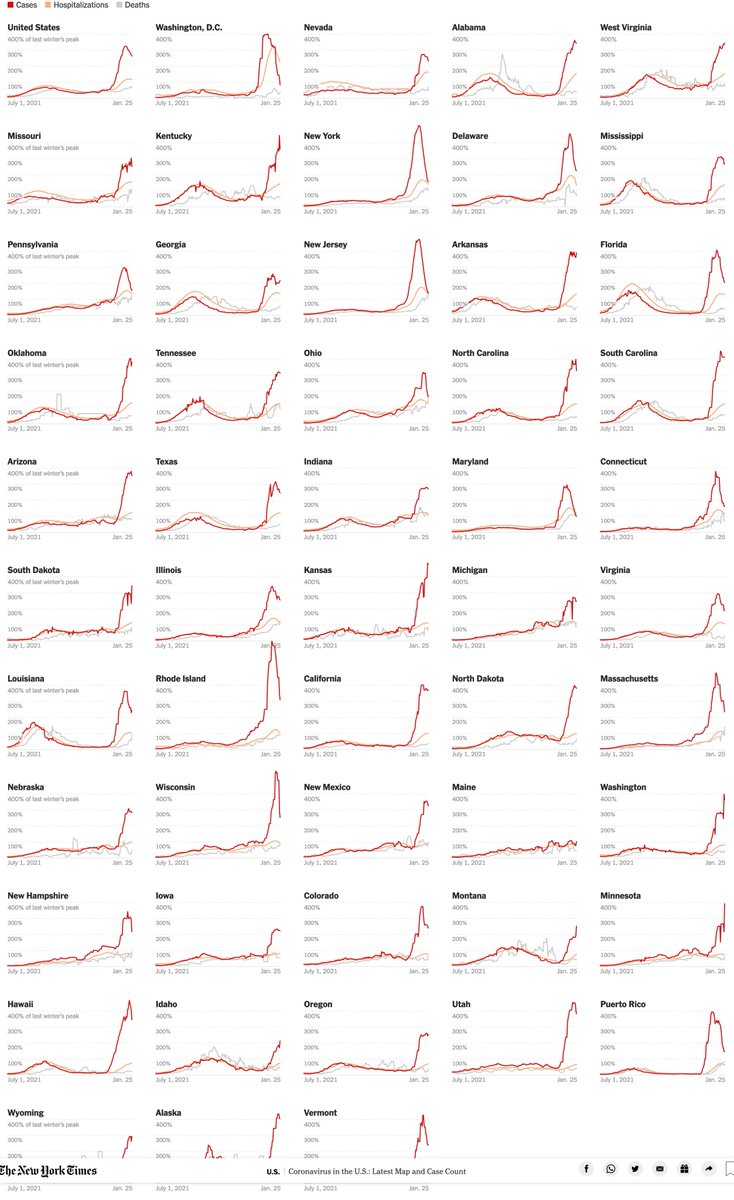1/ Q: Our neighborhood #pool plans to reopen in a couple of weeks when our state eases lockdowns. Is the pool a risky place for #COVID19 transmission?
A: You're unlikely to get #Covid_19 *from* the pool, but you could certainly be exposed *at* the pool. More in this thread
A: You're unlikely to get #Covid_19 *from* the pool, but you could certainly be exposed *at* the pool. More in this thread
2/ To clarify: Pool water is heavily chlorinated, and #COVID is not waterborne in any case. So, being immersed in the pool or otherwise exposed to pool water is not risky in and of itself.
3/ The problem, of course, is all those other folks who want to enjoy the pool, too. Close, sustained contact with others during physical exertion (splashing, swimming) and other activities that cause heavy exhalations ("Marco!" "Polo!") is conducive to #COVIDー19 transmission.
4/ While It's helpful that most pools are outdoors (where transmission risk is generally lower), it doesn't guarantee no #transmission. Indeed, we just learned as we were drafting this post about a high school swim party in Arkansas that led to multiple COVID-19 infections.
5/ The likelihood of neighborhood pools/swim clubs opening this summer varies by region. Some places have already decided that they will not open this summer, while others plan to reopen if they can accommodate @CDCgov and local guidance. Others opened on schedule this weekend.
6/ How to make summer pool visits more safe? The staff at your pool is likely already planning for and implementing measures to
👥 limit attendance at the pool,
📏 enforce distancing both in the pool and in the surrounding areas, and
🧼maintain strict hygiene.
👥 limit attendance at the pool,
📏 enforce distancing both in the pool and in the surrounding areas, and
🧼maintain strict hygiene.
7/ Recent guidance from the CDC also recommends additional staff to monitor and enforce distancing and attendance limits, so that lifeguards can focus on swimmer safety.
8/ You can help by making sure you and your kids follow all rules about masking (yes, you're likely to be asked to #mask), opening and closing times, #SocialDistancing, and locker room protocols. If you're confused about the rules, or concerned about transmission, speak up.
9/
Finally, avoid sharing gear, toys, and refreshments with others. Keep your visits shorter than you might otherwise do.
Nope, it won't be the same. But hopefully with some sensible guidelines and attentive behavior, the pool can be a safe and fun respite.
Finally, avoid sharing gear, toys, and refreshments with others. Keep your visits shorter than you might otherwise do.
Nope, it won't be the same. But hopefully with some sensible guidelines and attentive behavior, the pool can be a safe and fun respite.
10/
Links below to a @USATODAY news story and a longer piece from @TheAtlantic.
theatlantic.com/health/archive…
usatoday.com/story/travel/n…
Links below to a @USATODAY news story and a longer piece from @TheAtlantic.
theatlantic.com/health/archive…
usatoday.com/story/travel/n…
• • •
Missing some Tweet in this thread? You can try to
force a refresh









